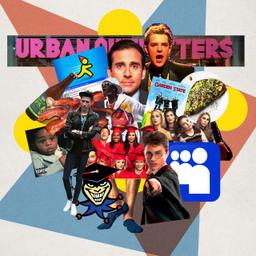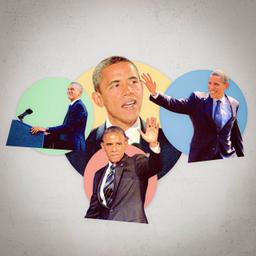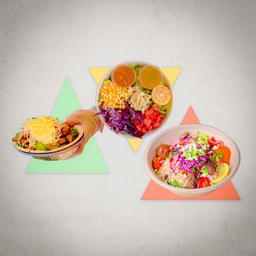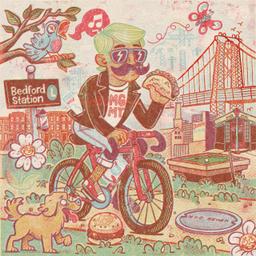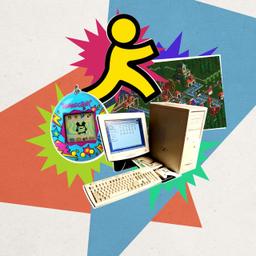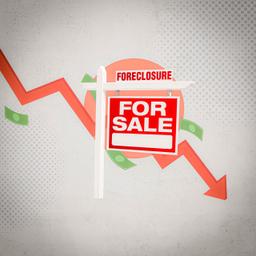The Eternal Cycle of Hating the Next Generation (Gen Z Edition)
No booze, no sex, no … context? We’re stereotyping zoomers for reasons out of their control—just like we did with millennials.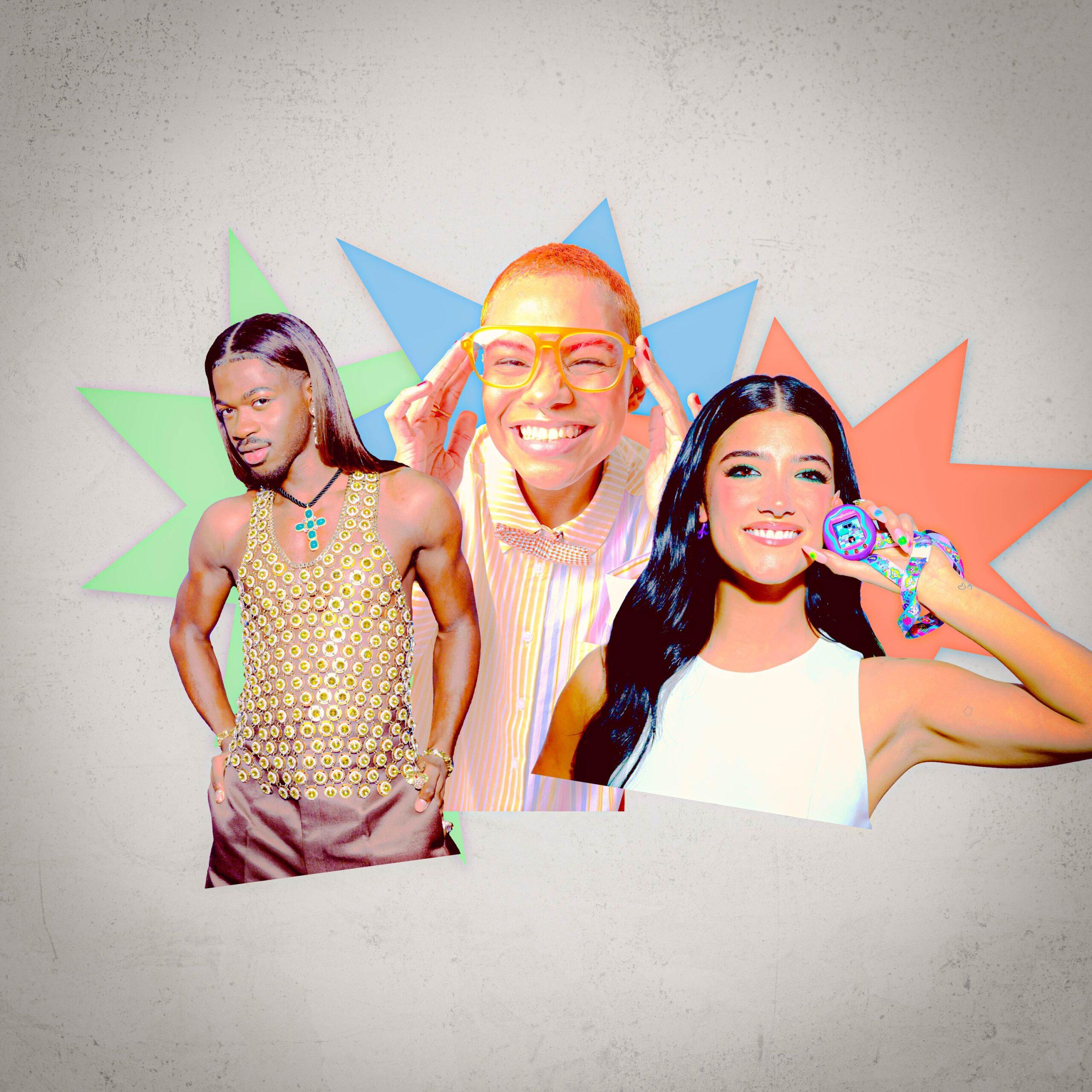
These damn kids today and their [insert grievance here], am I right? If you’ve ever been a young person living your life, there was an older adult mad about it. That’s just the way of the world. It doesn’t matter what you were doing—every generation is on the receiving end of some version of resentment or condescension or what have you, because how dare you be a damn kid at a different time than your elders.
This behavior is as old as the written word. As long as there have been older people around to comment on how younger people are living, they’ve commented. Aristotle wrote that young people are “high-minded because they have not yet been humbled by life,” and that “they think they know everything, and are always quite sure about it.” In the mid-1700s, a letter in Town & Country magazine claimed, “Whither are the manly vigour and athletic appearance of our forefathers flown? Can these be their legitimate heirs? Surely, no; a race of effeminate, self-admiring, emaciated fribbles can never have descended in a direct line from the heroes of Potiers and Agincourt.” From these damn kids and their rock ’n’ roll, to these damn kids and their MTV, to these damn kids and their cellphones, looking down on the next generation has a storied history of alarmist condescension.
As for our present-day alleged generational divides: Maybe it’s just the internet’s obsession with treating generations like astrology and the constant bombardment of viral headlines about what’s wrong with the kids today, but it feels like millennials and Gen Z have been on the wrong end of some uniquely gnarly discourse. And that just might be my perception as someone caught between the two generations. Depending on what arbitrary cutoff date tickles your fancy, the boundary between millennials and Gen Z is most often cited as either 1995 or 2000. I was born in 1997, which puts me smack dab in the Zillennial cohort, and as a result I contain multitudes: I don’t remember 9/11, and I don’t know what Skibidi Toilet is. That means I’m pretty qualified to comment on the nuances between Gen Z and millennials. What I’m noticing, though, are the similarities in how Gen Z and millennials are perceived—not necessarily in that they’re being assigned the same attributes, but rather that the attributes they’re given are bafflingly devoid of obvious context.
When we think of the derogatory millennial stereotypes, a few things come to mind. “Avocado toast” becoming shorthand for frivolous spending preventing 20- and 30-somethings of the 2010s from owning a home is an obvious one. Same with “participation awards” being synonymous with millennials’ coddled upbringing and subsequent sense of entitlement. There were pretentious hipsters; lazy, unemployed post-grads still living with their parents; and immature adults hanging on to nostalgia from their childhood. (Not my words, I’m just recapping the discourse!)
While these stereotypes weren’t completely pulled out of thin air—some studies found that millennials scored higher on narcissism assessments than past generations, and Pew Research reported in 2015 that young adults were living with their parents at the highest rates since the 1940s—it quickly became clear that these broad caricatures weren’t getting at the whole story. First of all, there was that whole 2008 financial crisis—you know, that thing that was going on in the background of Wii Fit body shaming you? Turns out that probably had more of an impact on millennials’ ability to buy a house than their cold brew addiction, not to mention the debilitating student debt, fiercely competitive job market, and skyrocketing housing prices that kept college-educated millennials unemployed and sleeping in their childhood bedrooms. And sure, hipsters could be annoying, but wasn’t the rise of IPAs and Pitchfork BNMs just a natural sign of changing tastes? And, yeah, maybe it’s a little cringe to still be into Harry Potter in your late 30s, but … OK, I don’t really have a defense for that one.
The point is, it became clear that in trying to define an entire generation in a vacuum, and especially in trying to blame a generation for simply being young while the world is at a catastrophic level of chaos, a lot of context is lost. In hindsight, it was probably pretty reductive to say millions of Americans were jobless moochers when a historically devastating economic crisis had just taken place. So of course, we learned our lesson with Gen Z, right? Well, unless you don’t find “antisocial” and “sexless” to be broad generalizations, then it seems like we’re already running the same playbook against Gen Z that we did against millennials.
Gen Z are drinking less, going to bed earlier, having less sex, and staying away from the club. Oh, the humanity! Do the police know about this?! There could only be one reason behind it all: Gen Z is just boring. They’re not having fun because they actually hate fun. Perhaps they even fear it. The only hit of dopamine they get is when Nara Smith makes chewing gum or Coca-Cola from scratch. It’s the only logical explanation!
As you can imagine, whether you think Gen Zers are just consciously living a healthier, more reserved lifestyle, or that they’re uncool, boring dweebs, you’re missing a lot of the reasons Gen Z is perceived this way in the first place. And it turns out I’m not the only one who’s been noticing this inflammatory discourse. Pamela Aronson, a sociology professor at the University of Michigan-Dearborn and coauthor of Gender Revolution: How Electoral Politics and #MeToo Are Reshaping Everyday Life, told me last year that she’s noticed this ire in the way people talk about young adults today. “There’s a lot of blame on Gen Z, for being boring or for not saving enough, whatever it is. And I think that blame doesn’t recognize this larger picture about the way that Gen Z came of age, and the incredible stresses that they face,” she said. “We see things about, ‘Oh, they’re not having as much fun. We had fun back in our day.’ But you look at how this generation has come of age, and it is dramatically different than literally any other generation.”
For example, take the notion that Gen Z is drinking less alcohol and not going out to bars and clubs. That’s probably not simply because Gen Z is “no fun”—Aronson said that alcohol is likely being supplanted by other substances, citing 2022 Monitoring the Future data that found increased usage of marijuana, hallucinogens, and nicotine vaping among 19- to 30-year-olds. Plus, while daily alcohol consumption has been on the decline in that demographic, binge drinking has been steadily increasing. “What is the net gain or loss there?” Aronson said. “You can’t just say, ‘Oh, well, Gen Z isn’t drinking anymore,’ because it’s very nuanced. You have to really look at all of the types of things that Gen Z is using and how.”
Still, let’s say there’s a Gen Zer who truly uses no alcohol or drugs and the closest thing they have to a controlled substance is brainrot memes. Might there be reasoning behind their choice to abstain from cocktail culture other than being a dull shut-in? The Washington Post reported in 2023 that alcohol prices saw their largest exponential increase in 40 years from the second half of 2020 to the second half of 2022. Xander Kerber, a zoomer TikTok creator who’s poked fun at Gen Z culture in his videos, told me a $19 espresso martini, which sustained a 10 percent price increase from 2023 to 2024, just isn’t worth it these days. “As myself and people my age have been getting to the point where we’re getting our own jobs, making our own money, we’ve found that it’s a lot harder to actually support yourself than it may have been portrayed when we were younger,” he said. “Me and my friends have been doing a lot more hiking. We go to a lot of parks. Since I’ve reached the age where going out means spending at least $30 or $40, I’ve been a lot more interested in finding things that me and my friends can do that are free.” @Ajla_Talks, who posts financial advice on TikTok that often addresses Gen Z’s economic stresses (and asked to be credited by her online handle), said she also thinks young adults today would rather save their money for a more worthwhile experience instead of just one night out. “When I think of bars, I think of an older generation,” she said. “When I think of Gen Z, I think of travel, or cool experiences. Not necessarily, ‘Oh, let’s go bar hopping.’”
That segues into Gen Z’s social inclinations—or perceived lack thereof. If Gen Z isn’t going out to bars, isn’t having sex, and is experiencing a loneliness epidemic, does that mean they just don’t know how to make friends? Aronson said the long tail of the COVID-19 pandemic is still affecting Gen Z’s methods of socializing, citing the increase in remote work (which has declined from its peak in 2020, but is still much higher than pre-pandemic levels). “You think about how fragmented we are now, how much everything is online,” she said. “We talk to people remotely all the time, we work remotely. We don’t have the same kind of friendships in the workplace that we used to have, or even opportunity to make friends in the workplace. … I don’t want to say Gen Z doesn’t have any friends, but I think that there are fewer opportunities in person to meet people to form friendships.” Plus, experiencing isolation during formative years impacted many zoomers’ social tendencies. Kerber said that spending time alone during the pandemic has had a lasting effect on him and his peers: “That year of just being alone hit at a very fundamental point in not only one’s personal development, but physical and mental development,” he said. “Having that much time to myself from the ages of 16 to 17 caused me to get used to just being on my own and not really looking to hang out as much or see my friends as often.”
Roberta Katz, an anthropologist at Stanford and coauthor of Gen Z, Explained, told me last year that Gen Z isn’t failing to communicate, but it has become accustomed to living at least some of their social life online. Of course Gen Z had a more connected upbringing than boomers or Gen X, but even many millennials—a generation closely associated with the internet—weren’t regularly online until their teens or even adulthood. “That’s one of the very unique features of Gen Z,” she said. “You’ve grown up with this communication network that allowed you to interact with people without going out.” The pandemic accelerated the reliance on the internet for social interaction, but with many Gen Zers having a smartphone in their hands since childhood, this behavior was not out of the ordinary pre-2020.
In case the plethora of recession indicators hasn’t alerted you to it, Gen Z’s financial strains are shaping every aspect of their lives. From the pandemic to the Trump tariffs, zoomers have faced a unique set of economic and political obstacles that commentary on their “boring” lifestyles isn’t getting at. “When you consider in general [Gen Z’s] financial stresses, I mean, housing has skyrocketed while wages have stagnated,” Aronson said. “And then you have this crazy inflation on top of that, and really deep inequalities, too, in terms of the labor market. And that has a huge, huge impact on how people live.”
Sound familiar? While it’s a slightly different flavor of criticism, viral headlines about Gen Z being “boring” are about as productive as the ones that said millennials over-brunched themselves into renting forever. So why are we doing this same song and dance again? Kerber thinks the internet has created a hivemind that emphasizes shared traits among a generation. “Because millennials, and then Gen Z, were on the internet so much of the time, people found that, in a way, these generations were more of a monolith than other generations had been because they were all conversing more, and interacting more, and were more group-minded.” Katz said it’s elder generations’ inclination to question why young people are living differently than they did. “It’s looking at Gen Z from the perspective of someone older and comparing what young people are doing with what an older person would’ve done at that time, without appreciating the changes that have happened between,” she said. “It’s really easy for people to go, ‘Well, that’s what I did when I was young, so why aren’t they doing it?’ without really understanding.”
“Entitled” became “boring.” “Pretentious” became “antisocial.” “Avocado toast” became … “chicken jockey?” It’s a rite of passage—a time-honored tradition of just trying to get through your 20s as best as you can only to one day grow bitter about someone else doing the exact same thing. It’s the impulse we have to not only ignore the larger context for why young people behave the way they do, but also blame them for the hardships they face. Maybe it’s some weird resentment, resistance to change, or just general curmudgeonly hand-wringing, but surely this will be out of our system by the time Gen Alpha comes of age, right? Right?! Sigh … those damn iPad kids don’t even know what’s coming for them.

